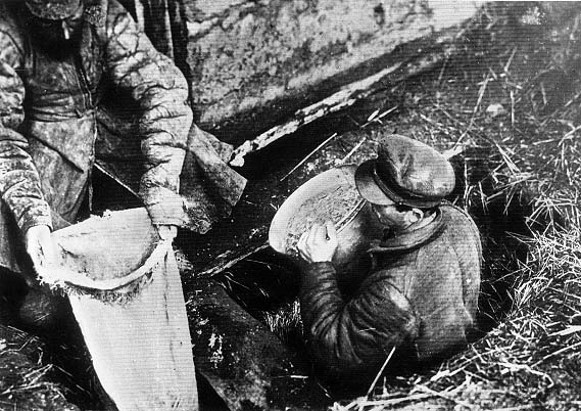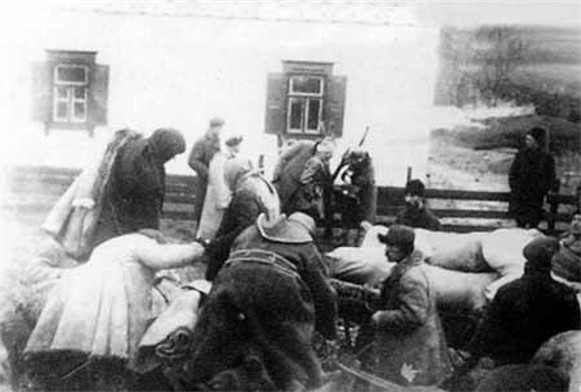Expropriation
Expropriation. Forced seizure of private property by the state or community, usually for the purpose of building public facilities such as roads or buildings. Expropriation may or may not be accompanied by compensation. Expropriation without compensation is known as requisition or confiscation and applies usually to movable goods. Expropriation is normally carried out by competent government agencies according to special laws. In Ukraine church and monastery wealth was expropriated without compensation during the reign of Joseph II of Austria and under the Soviet regime. Under the various governments that ruled Ukraine, the expropriation of land for the building of railways and roads was governed by a complex system of laws.
Nationalization—the state's acquisition of land, industries, transportation, buildings, and so on—is a special form of expropriation and is applied particularly in socialist countries. The land laws of the Ukrainian National Republic and the Western Ukrainian National Republic, which applied to large private, church, and, partly, state landholdings, aimed at forming a land fund out of the holdings and provided compensation to the owner (see Land reforms). The Ukrainian SSR adopted the laws of the Russian SFSR dealing with the nationalization of land, surface waters, mines, forests, banks, transportation, industry, and trade (in several stages) without compensation. In Communist terminology this was called the expropriation of the expropriators. It was applied with great vigor in the period of War Communism, even in relation to goods of everyday use, apartments, valuables, and the like.
Vasyl Markus
[This article originally appeared in the Encyclopedia of Ukraine, vol. 1 (1984).]


